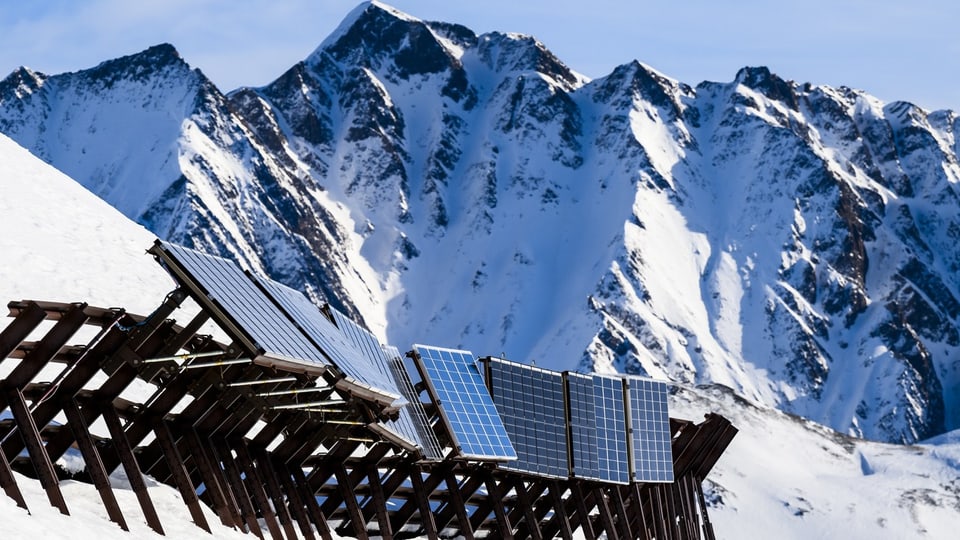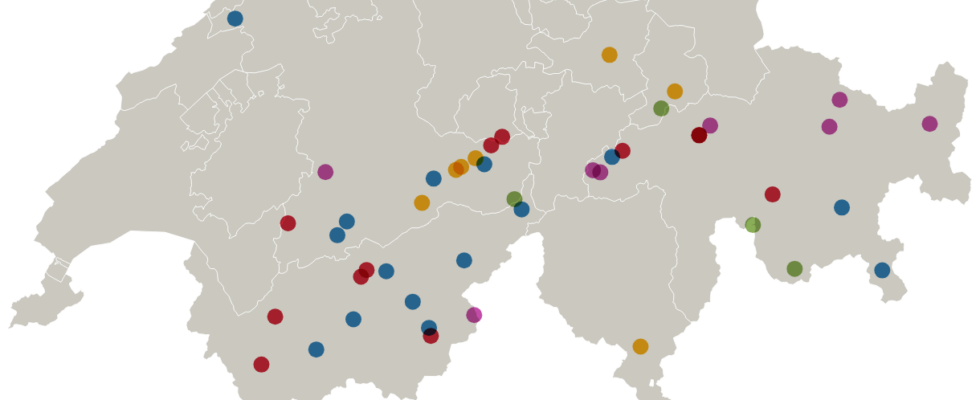Contents
The construction of solar systems in Switzerland is not progressing as many politicians would like. Why is there this resistance?
Politicians and the media understand the solar express to mean deeper political hurdles and more subsidies for the promotion of alternative energies. In terms of energy policy, Switzerland should become more independent of foreign countries and at the same time cleaner. This doesn’t seem to convince the population – such projects regularly fail at the ballot box.
Leo Tuor is a Grisons writer and former mountaineer. These results don’t surprise him. All the money from Bern doesn’t help either.
You overslept it for a long time and suddenly everything has to happen like lightning.
Tuor lives with his family in the remote Val Sumvitg. He studied philosophy in Zurich and Berlin, among other places. Tuor closely observes life in the mountains.
Placing such facilities in mountain regions is a blatant intervention in the landscape, and even a disgrace: “The willingness is often not there.” One wonders why solar panels cannot be installed along highways and streets.
Communities are sometimes overwhelmed
So does the St. Florian principle simply apply: “not to us, but to others”? Or is it an urban-rural problem? Tuor says he also knows that more electricity needs to be produced in Switzerland.
But the goal needs to be better defined. “You missed it for a long time and suddenly everything has to happen like lightning.” Tuor is not alone with this opinion.
I lack overarching planning.
Rolf Weingartner, retired professor at the University of Bern and hydrologist, is also not convinced by the Solar Express. The communities are sometimes overwhelmed by the projects. “I lack overarching planning.”
The federal government should launch competition for projects
Karin Ingold, professor of political science at the University of Bern, goes one step further. Among other things, she analyzes precisely such processes in environmental policy.
The federal government not only has to take charge of all the planning, but also launch real competition for these projects and give them a positive image, she emphasizes. After all, there is something fascinating and futuristic about such systems. This is not a disfigurement of the landscape for everyone.

Legend:
Solar panels next to the ski slope in the mountains of the municipality of Bellwald in Upper Valais.
KEYSTONE/Jean-Christophe Bott
Ingold agrees with the writer Tuor on one point: The federal government must set a good example by installing solar panels as quickly as possible on federally owned infrastructure, such as highways or railways. “This is a very important signal,” says Ingold. This shows that the federal government and national politics are serious about the solar express.
The federal government should take over the scepter
The energy transition takes time – especially in Switzerland, says hydrologist Weingartner, pointing to hydropower. He cites the raising of the Grimsel dam as an example. The years of resistance disappeared after the federal government took over the scepter and convened a round table.
The political scientist Ingold is also convinced that the energy and climate goals will be achieved. Tuor sees it differently: “I’m a pessimist and that’s why I think we won’t make it if things continue like this.” The savings potential is huge. But the majority of the population sees no immediate need to restrict themselves, says Tuor.
